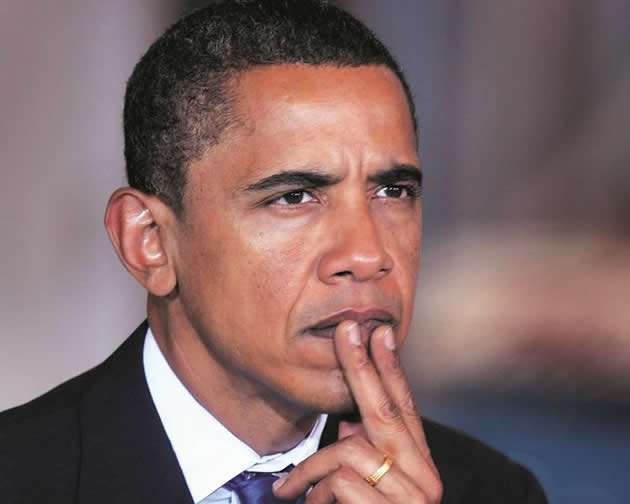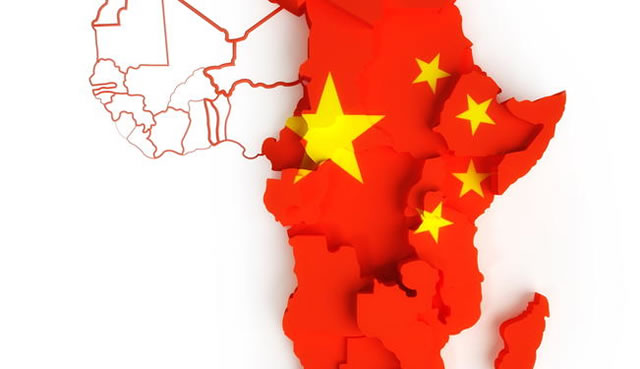UDI and Bloody Sunday: 50 years later

Obi Egbuna Jnr Simunye
BECAUSE this numerical year marks the 50th anniversary of not only the Bloody Sunday demonstration in Selma, Alabama, but Rhodesia’s Unilateral Declaration of Independence (UDI) from Britain spearheaded by the former prime minister Ian Douglas Smith (now late), a cross generation of African people all over the planet will reflect on and contextualise the impact of both historical developments.
During their meeting in Chicago in 1967 it is said that Dr Martin Luther King Jnr told the most Honourable Elijah Muhammad that the only place on earth where Africans are subjected to the same levels of racism and disenfranchisement, as our people in the United States especially the South was Southern Rhodesia.
When the words ‘’Segregation Now, Segregation Tomorrow, Segregation Forever’’ rolled off the tongue of Alabama’s 45th Governor George Wallace in his inauguration speech, the people of Zimbabwe could easily associate these sentiments, with Ian Smith’s emphatic statement: “I don’t believe in majority rule ever in Rhodesia not in a thousand years.”
As thousands of Africans living inside US borders gathered in Selma, Alabama, to commemorate the 1965 Bloody Sunday last weekend, it must be noted that in March of 1865 the Confederate General Nathan Forrest was wounded during the Battle of Selma, General Forrest was a Democrat who was the 1st Grand Wizard of the Ku Klux Klan who prior to the Civil War earned a living as a planter, real estate investor and slave trader.
According to the accounts and narratives of Civil War authorities and experts, Selma was second only to the Tredegar Iron Works in Richmond, Virginia, as a military manufacturing centre. This means slaughtering Africans in Selma was accepted as standard practice 150 years before the march on the Edmund Pettus Bridge. If Africans at home and abroad accept the narrative of US corporate media, the speech made by President Obama on the bridge was more relevant than the main reason our people from all over the country gathered in Selma in the first place.
This propagates the notion that the words of the biggest beneficiary of our struggle holds more weight in the new millennium than the history of our struggle itself. The only sector of the African community who embrace that spin on history are those who see themselves as Democrats first, Jude o-Christians second and so-called African-Americans a distant third.
Because of self-hatred these Africans are comfortable as lions in the jungle, in the same political party that was home to Governor Wallace and General Forrest.
In the opening words of his speech President Obama stated: “It is a rare honour in this life to follow one of your heroes and John Lewis is one of my heroes”.
Previously as a gesture of goodwill President Obama signed a commemorative photograph with the words “Because of you, John Barack Obama”.
Since Congressman Lewis appeared to be tickled pink by President Obama’s tribute, we can raise the question how much of President Obama’s decision to maintain US-EU sanctions on Zimbabwe has been influenced by Congressman Lewis, who voted in favour of the Zimbabwe Democracy Economic and Recovery Act of 2001 when it was introduced by President Bush.
In 1966 Congressman Lewis resigned from SNCC after being ousted from his position as the national chairman by the late pan-African giant Kwame Ture, who along with Mukasa Dada (formerly known as Willie Ricks) helped popularise the slogan Black Power amongst the 1960s generation. The term Black Power had been previously used by Frederick Douglass and the internationally acclaimed writer Richard Wright.
The book “Black Power” written by Kwame Ture and Charles Hamilton was banned by the settler colonial government of Ian Smith.
For many years Congressman Lewis has openly dismissed the concept and movement of Black Power as empty rhetoric with no meaningful political programme.
Congressman Lewis also distanced himself from African liberation movements who engaged in protracted armed struggles.
This was due to the influence of Dr King, who saw non-violence as a principle not a tactic.
Those civil rights luminaries who share this outlook have worked feverishly to write groups like the Deacons for Defence, Robert Williams and the movement in Monroe, North Carolina and the Urban Rebellions from 1965-1968 completely out of history.
While this rationale can be understood, given the savage beatings Congressman Lewis endured on Bloody Sunday in Selma and as a Freedom Rider in Anniston, Alabama, his vote to endorse President Bush’s desire to retaliate after 9/11 was more than a tad bit out of character.
Because of his undying loyalty to the Democratic Party, the words of Luci Baines Johnson – daughter of former US president Lyndon Baines Johnson – in Selma last week, must have been music not only to the ears of Congressman Lewis, but to all those in attendance who embrace LBJ as a civil rights maverick when it comes to US presidential politics.
The words of Ms Johnson were as follows: “It means the world to me to know that half a century later you remember how deeply daddy cared about social justice and how hard he worked to make it happen.”
Some of the Africans in the crowd were chanting “LBJ!! LBJ!! LBJ!!” as an ode to President Johnson.
Due to this monumental occasion, it appears that LBJ’s role in the overthrow of Osagyefo Kwame Nkrumah in Ghana and the isolation of Dr King could be overlooked just for one special day.
We then heard President Obama credit Robert Kennedy with inspiring the Soweto Uprising. Really?
What is a civil rights gathering without gross exaggerations and comedy?
This suggests that the overtures of LBJ were genuine and not a result of constant political pressure by a movement that was growing more militant by the second
If this is true we can expect President Mugabe and ZANU-PF to honour former British Prime Minister Margaret Thatcher in the near future. What Congressman Lewis must remember is that during the Second Chimurenga our comrades in Zimbabwe were tortured in prison as well.
National hero Leopold Takawira died while incarcerated because the Rhodesians denied him access to his prescribed medicine, the late Vice President Simon Muzenda had a needle forcefully pierced through his chest while in prison.
We commend the civil rights pioneer Diane Nash for boycotting Selma due to Mr Bush’s participation. He thought since he accompanied President Obama to Nelson Mandela’s funeral, he was guaranteed VIP status in Selma.
The Reverend Al Sharpton stated ”while we are celebrating they are those trying to dismantle what we are celebrating”.
If President Obama, Congressman Lewis, Reverend Sharpton is implying for meaningless concessions as Democrats,Africans must help maintain US-EU sanctions on Zimbabwe,we say thanks but no thanks.
Obi Egbuna Jnr is the US Correspondent to the Herald and a US Based Member of the Zimbabwe-Cuba Friendship Association his email is [email protected] <mailto:[email protected]>










Comments